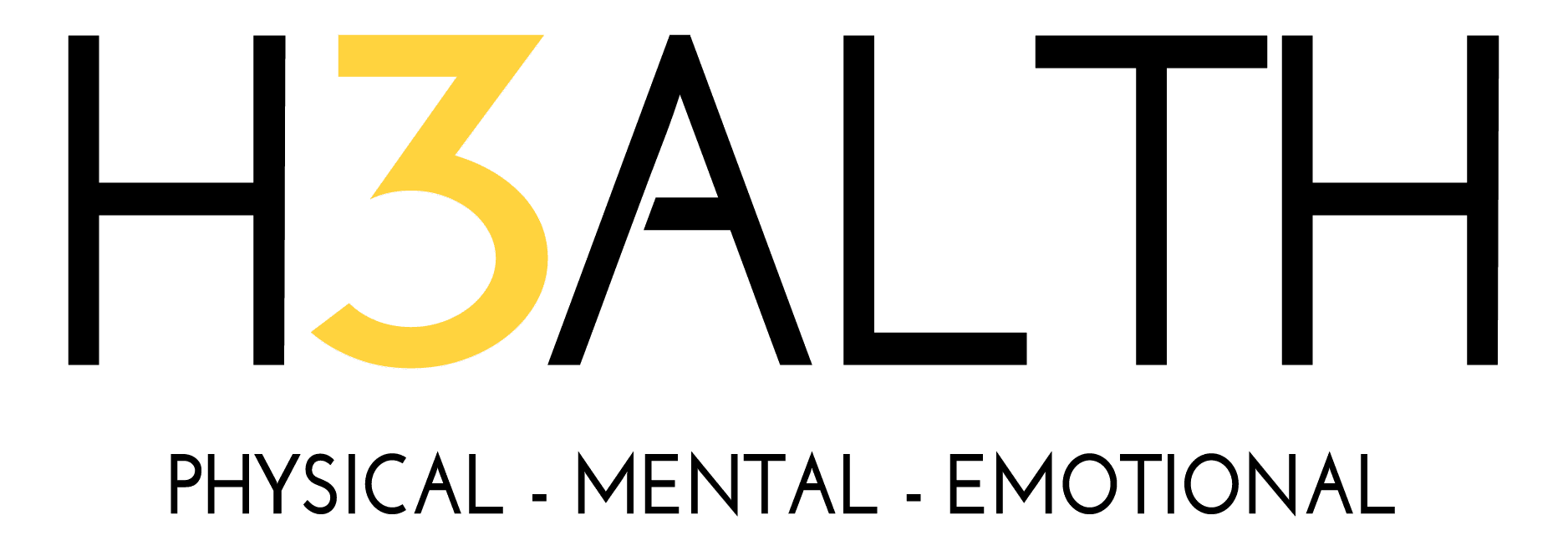
When it comes to achieving successful fat loss, exercise is only half of the equation. The other critical component? Nutrition. What you put into your body plays a vital role in determining whether you’ll reach your fat loss goals. Let’s dive into how dietary choices, including macronutrient balance, portion control, and mindful eating, impact your journey to a leaner, healthier you.
1. Macronutrient Balance: Achieving fat loss requires a balanced intake of macronutrients – carbohydrates, proteins, and fats. Carbs provide energy for workouts, proteins aid in muscle recovery and metabolism, and healthy fats support overall well-being. Strive for a balanced plate that incorporates all three macros to fuel your body optimally.
2. Portion Control: Portion sizes can easily get out of hand, leading to excess calorie consumption. Practice portion control by using smaller plates, measuring your food, and being mindful of portion recommendations. Learning to listen to your body’s hunger and fullness cues can also help prevent overeating.
3. Mindful Eating: Eating mindfully involves savoring each bite, paying attention to hunger and fullness signals, and enjoying your meals without distractions. This practice encourages slower eating, aiding digestion and allowing your brain to register when you’re satisfied, helping prevent overeating.
4. Nutrient Density: Focus on nutrient-dense foods like vegetables, fruits, lean proteins, whole grains, and healthy fats. These foods provide essential vitamins, minerals, and fiber while helping control hunger and cravings.
5. Hydration: Staying hydrated is crucial for fat loss. Drinking water can help control appetite and support metabolic processes. Opt for water over sugary drinks, and consider consuming water-rich foods like cucumbers and watermelon.
6. Balanced Snacking: Snacking can be beneficial if done right. Choose nutrient-rich snacks that provide sustained energy, such as Greek yogurt, nuts, and fruit. Avoid empty-calorie snacks that don’t offer any nutritional value.
7. Cheat Meals vs. Balanced Indulgences: While occasional indulgences can help satisfy cravings, it’s essential to strike a balance. Instead of completely derailing your progress with a cheat meal, opt for controlled indulgences that fit within your overall nutrition plan.
Remember, there’s no one-size-fits-all approach to nutrition for fat loss. It’s about finding what works best for your body, preferences, and lifestyle. Consulting a nutrition coach can provide personalized guidance to help you navigate these choices and create a sustainable eating plan that supports your fat loss journey. By adopting a mindful, balanced approach to nutrition, you’ll set yourself up for success and pave the way for long-lasting results.


